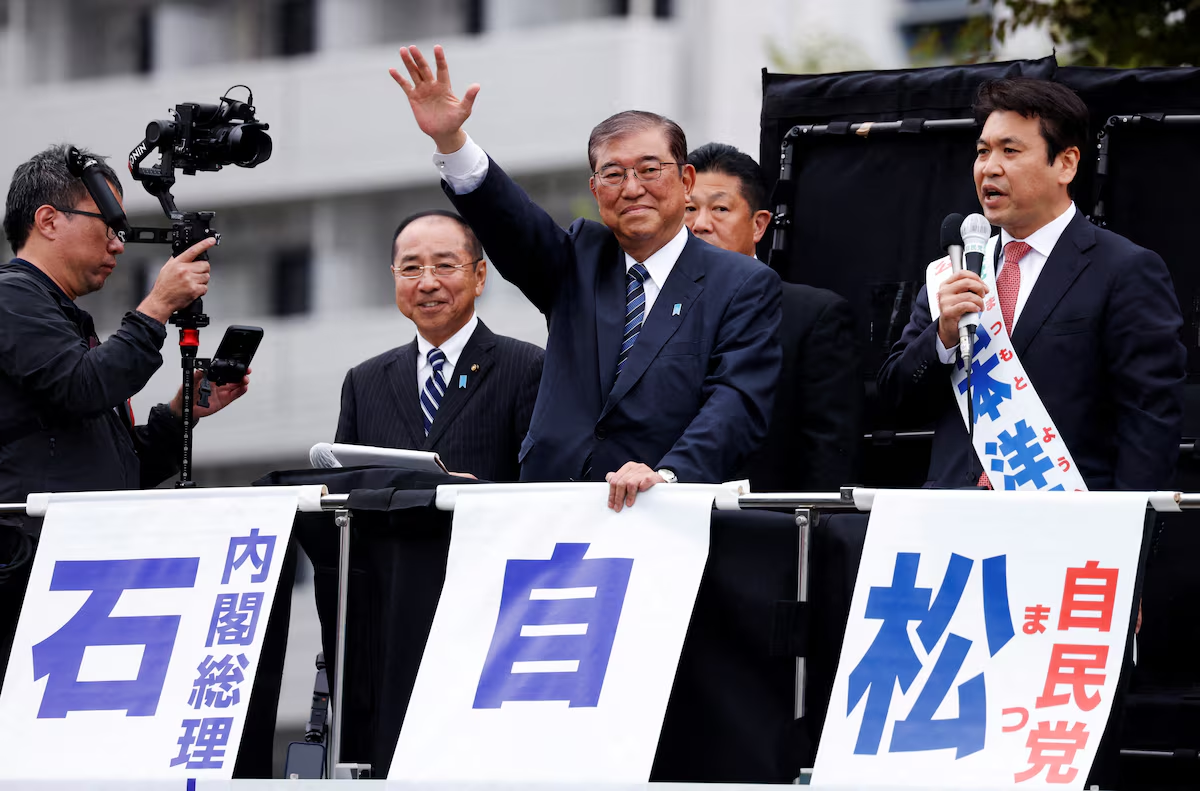As Japan gears up for its Upper House election on July 20, a disturbing rise in anti-immigrant sentiment is sending shockwaves through the foreign community. Eight human rights organizations have issued a stark warning, highlighting slogans like "Japanese First" and calls for a "revision of preferential treatment for foreigners". These political maneuvers could jeopardize the fragile progress towards an inclusive society, igniting fears of a return to the isolationist policies that have historically marginalized foreign nationals.
Political Parties Embrace Divisive Rhetoric
The current political climate in Japan illustrates a worrying trend as mainstream parties increasingly adopt exclusionary rhetoric. The phrase "Japanese First" has emerged as a rallying cry, echoing sentiments that have long pervaded Japanese politics. This shift is not merely a reflection of public sentiment but a calculated strategy to mobilize voters by scapegoating immigrants during a time of economic uncertainty.
Historical Context of Anti-Immigrant Sentiments
Understanding the contemporary landscape requires a look back at Japan"s historical reluctance to embrace foreign nationals. As reported by UC Press, Japan has traditionally maintained stringent immigration policies, which have often been rooted in nationalistic sentiments. This historical backdrop informs the current political discourse, revealing a pattern of exclusion that threatens to resurface in light of recent electoral strategies.
\n\n
Visit Tokyo Metropolitan Government Building in Tokyo | Live ...
Consequences for Foreign Nationals
The implications of this rhetoric extend far beyond the electoral arena. Foreign nationals in Japan already face significant challenges, as noted in the 2023 Country Reports on Human Rights Practices. The lack of comprehensive anti-discrimination laws leaves many vulnerable to xenophobia and societal exclusion. If political parties succeed in capitalizing on this anti-immigrant sentiment, the repercussions could be dire, leading to increased harassment and further entrenching systemic inequalities.
Urgent Need for a Shift in Policy
Japan stands at a crossroads as it confronts a significant demographic crisis. Improved immigration policies could serve as a crucial strategy to attract younger populations from abroad, as highlighted in Harvard International Review. Embracing a diverse immigrant population could alleviate labor shortages and invigorate the economy. However, the current political climate threatens to reverse any progress made towards inclusive policies, sidelining the very solutions needed to counteract Japan"s aging population.
\n\n
The Japanese parties that may jockey for power after election | Reuters
International Responses and Human Rights Imperatives
The current trend of escalating anti-immigrant rhetoric has drawn international scrutiny. A recent report from the UN Human Rights Council has urged Japan to address its human rights abuses, including discrimination against minorities and the treatment of foreign residents according to AP News. The call for action resonates with activists and international observers who fear that unchecked nationalism could lead to a regression in human rights standards in Japan.
As foreign nationals brace for the upcoming elections, the stakes have never been higher. The prevailing narrative of "Japanese First" threatens not only the rights of immigrants but also the very fabric of Japanese society, which has long thrived on cultural exchange and diversity. The need to confront these dangerous trends is urgent if Japan is to navigate its demographic challenges while upholding its commitment to human rights.

![[Video] Federal officers deploy sting balls and flash grenades at Whipple Building](/_next/image?url=%2Fapi%2Fimage%2Fthumbnails%2Fthumbnail-1768340555229-vhfcc-thumbnail.jpg&w=3840&q=75)
![[Video] Crowd-control weapons used in Minneapolis as anti-ICE protesters attack police vehicle](/_next/image?url=%2Fapi%2Fimage%2Fthumbnails%2Fthumbnail-1768336302231-akxf7s-thumbnail.jpg&w=3840&q=75)

![[Video] Protests erupt in Minneapolis after ICE detains teenager, multiple arrests made](/_next/image?url=%2Fapi%2Fimage%2Fthumbnails%2Fthumbnail-1768331835371-z9ylqg-thumbnail.jpg&w=3840&q=75)


![[Video] Gunfire between Iraqi security forces and Sadr militias in Baghdad](/_next/image?url=%2Fapi%2Fimage%2Fthumbnails%2Fthumbnail-1768343508874-4redb-thumbnail.jpg&w=3840&q=75)
